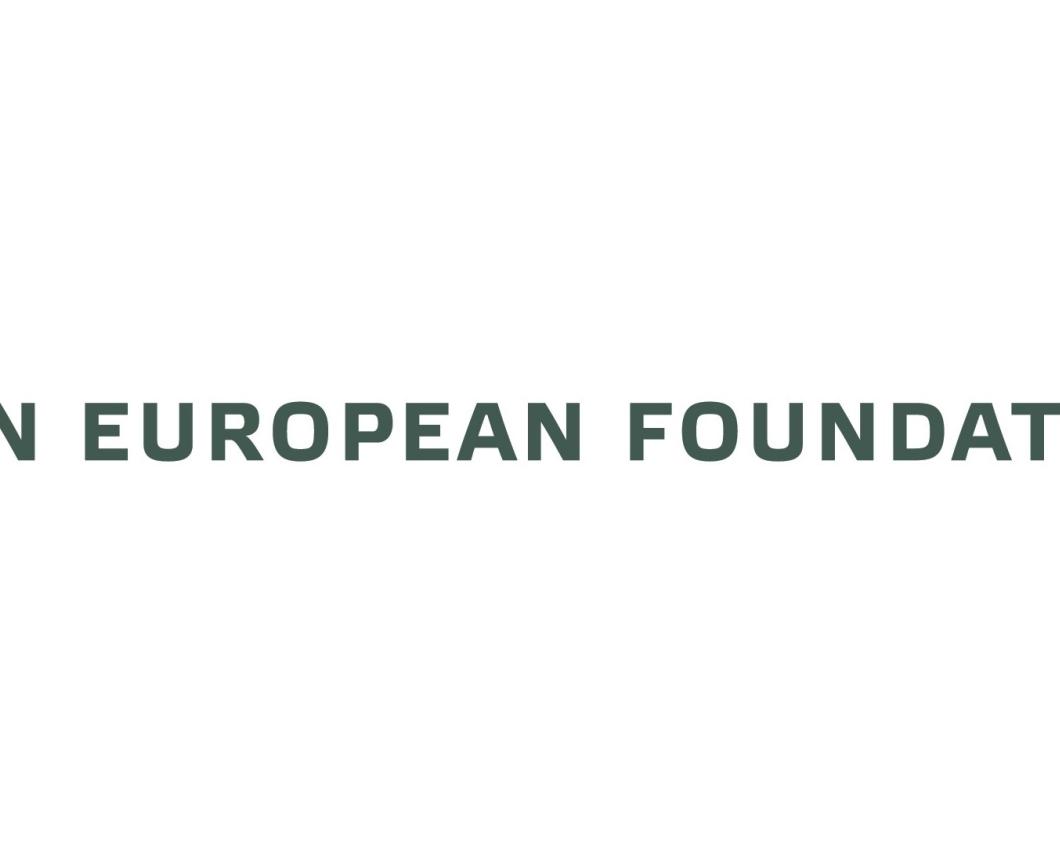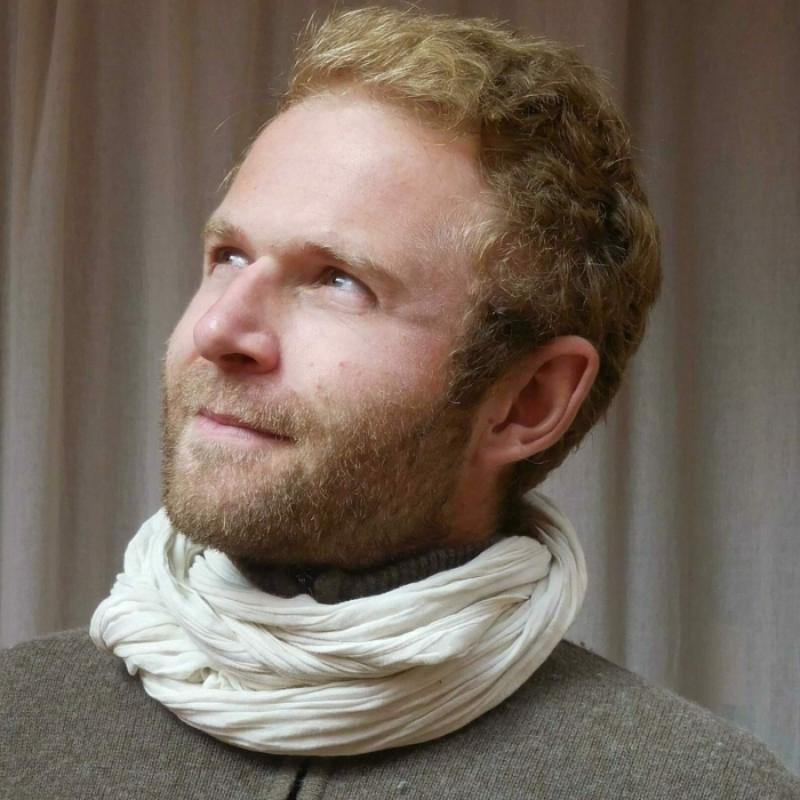Unfortunately, the war in Ukraine proves this line of reasoning, this cold reflex. The fact that Ukraine was able to resist the Russian invasion was initially down to itself, to the unity of its state and the mobilisation of its population. But secondly, the fact that the country was able to resist and regain ground is also thanks to the weapons it received. It quickly turned out that the weapons of the NATO countries, which were not necessarily always the latest weapons, were far superior in precision and quality to the arms of Russia. And when we look at the countries that make up NATO, we see that for the most part these are the countries that have long been at the top of the value chains of global capitalism, and that are also historically the highest polluters and emitters of greenhouse gases. We can still, I think, establish a fairly strong correlation here: it is probably because they are historically at the top of the value chains of capitalism that they still have this technological refinement and this military superiority.”
Should we conclude that in the end, the ideas of post-growth and sufficiency fade out in this inevitable rivalry between states?
“This is the question I have been asking myself for two years now and which I have difficulty answering. To be honest, it’s quite tragic. It is true that nationalism and geopolitical rivalries have never been completely absent, but their exacerbation today in the context of a deepening ecological crisis is the worst possible news. Because already in a context of relative cooperation between the powers in the 1990s – 2000s, it was not possible to do much for ecology. So in this context of nationalism and exacerbated warmongering which unfortunately seems to be our reality for the years to come, I don't really know what this has in store for us and what the solutions would be... Saying to ourselves: 'Ah, well, too bad, then we're going to continue the status quo of growth-power because otherwise we will be eaten by others' is not a solution because it means that we destroy the habitability conditions of our planet. We may not be destroyed by others but we will create a world so unliveable that we end up self-destructing. This is not a solution. What to do? I don’t have a definitive answer with which to convince myself. But I tried to identify different answers that were given to this question and I can try to map them quickly.
A first option is what we could ironically call the miracle option. All of a sudden, almost as if by magic, all countries or the majority of countries in the world, especially under the revolutionary pressure of their civil societies, suddenly become pacifist, anti-capitalist and cooperative with each other and stop fearing each other. Renouncing their technological-military power, they can therefore initiate the necessary degrowth policies without fearing that these will end up weakening them and exposing them to unfriendly neighbours. This miracle option obviously, as its name indicates, remains very, very implausible which, I think, forces us to put it aside.
The second option would be that we could – the defenders of green capitalism seem convinced that this is possible – somehow decouple growth from its environmental impact, and that it would therefore be possible to maintain the same degree of power as previously while preserving living conditions on Earth. Personally, as I explained at the start of this interview, I do not believe that we can decouple growth from its environmental impact.
The third option would be to decouple the power of growth from fossil capital, which is not exactly the same thing. In France, this option is defended, in a certain way, by Raphaël Glucksmann. In the book he published this year, The Great Confrontation [La grande confrontation], which is essentially devoted to the corruption of European elites by the Russian regime, there are reflections at the end that I found interesting because he tackles this question head-on, relying in particular on an article by Pierre Charbonnier on the ecology of war. He is betting that in fact, the advent of a European Green Deal and the exit from fossil fuels will allow us to kill two birds with one stone. This decarbonisation would in fact imply an energy decoupling from Russia, therefore a gain in strategic autonomy and, ultimately, a gain in power. It thus articulates a project of Europe as a power with a logic of decarbonisation and an exit from fossil capitalism.
I find this position interesting because it has the merit of articulating two major issues but at the same time, for the reasons that I explained at the beginning, it does not completely satisfy me as an environmentalist. Even if we completely decarbonise European economies, if we just replace fossil fuels with renewable energies while maintaining equal levels of consumption and production, we still going to hit the ecological wall. Given all the materials that have to be extracted for it, renewable energies also have a colossal impact, on biodiversity for example, or through processes of extractivism.
A fourth option that I identified is the position that seems to be that of the Biden administration in terms of foreign policy, at least if I believe the researcher Florian Louis, namely ‘the articulation of a cosmopolitics of cooperation and a geopolitics of rivalries’, an expression that I find quite fine.



